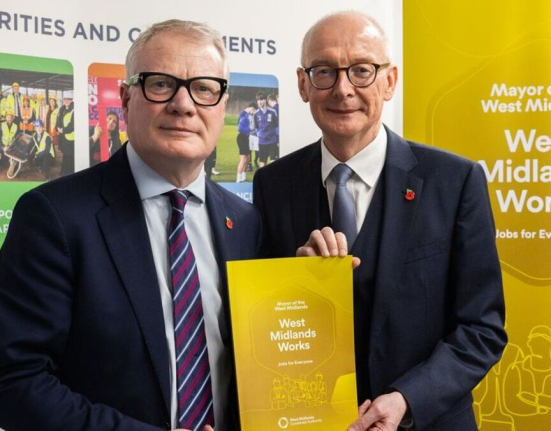Government tackles shortage of experts
The UK government has announced a £10 million investment in addiction research, aiming to address the country’s shortage of specialists in drug and alcohol healthcare.
The funding will support the next generation of scientists and clinicians to develop treatments, prevention tools and recovery programmes, helping people rebuild their lives while reducing the wider cost of addiction to society.
Problematic drug and alcohol use is estimated to claim more than 15,000 lives annually and costs England around £47 billion each year. Ministers say fresh investment in research leadership is central to the government’s Plan for Change, which seeks to improve healthcare outcomes while strengthening the economy.
Supporting careers across disciplines
The Addiction Healthcare Goals Research Leadership Programme will fund three main schemes. The Society for the Study of Addiction will lead a flagship initiative offering academic and career development opportunities tailored to the needs of the field. The National Institute for Health and Care Research (NIHR) will receive extra support to provide career pathways from pre-doctoral to post-doctoral level, ensuring new talent can progress within addiction research.
Meanwhile, the Medical Research Council (MRC) will launch fellowships including Clinical Research Training Fellowships, Clinician Scientist Fellowships and Career Development Awards. These will give promising researchers the platform to establish themselves at the forefront of addiction science.
Driving innovation in treatment
Officials say the programme will accelerate innovations such as smartphone-based therapies, treatments for alcohol misuse that can be delivered in A&E, and better training tools for frontline staff. By collaborating with healthcare providers and social workers, researchers will be encouraged to translate findings quickly into practice, ensuring patients benefit sooner.
Science Minister Lord Vallance said: “Addiction is devastating lives across the UK every day. By backing the future leaders of addiction research, we are laying the groundwork for the vital, evidence-based prevention measures and treatments we need.”
He added that talent would be recruited from across the country, ensuring opportunities are open to researchers from diverse backgrounds and regions.
Expert support for long-term impact
Leading figures in the sector welcomed the announcement. Professor Waljit Dhillo, Dean of the NIHR Academy, said the partnership would “bring new treatments and ideas to people quicker.” Professor Owen Bowden-Jones, President of the Society for the Study of Addiction, described the funding as “unprecedented” and said it would help attract skilled people to the workforce.
Professor Anne Lingford-Hughes, Chair of the Addiction Healthcare Goals, said: “Addiction is associated with immense personal, mental and physical health and societal impacts. Research to develop innovative approaches plays a vital part in reducing such harms and improving treatment outcomes.”
The MRC’s Professor Patrick Chinnery noted that fellowships would help advance understanding “from molecular and cellular mechanisms to neurobiological pathways,” leading to new strategies for intervention and treatment.
Strengthening the research base
As well as funding fellowships and training, the government will commission a Data Roadmap to identify barriers facing addiction researchers in accessing and using healthcare data. Officials hope this will make it easier to carry out high-quality studies, improving the evidence base and guiding policy decisions.
By investing in careers and infrastructure, ministers argue the UK can position itself as a global leader in addiction research – helping to save lives, reduce NHS pressures, and cut billions in long-term costs to society.







